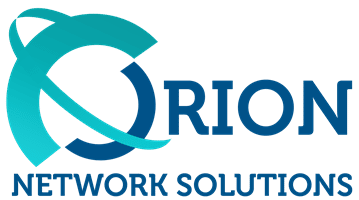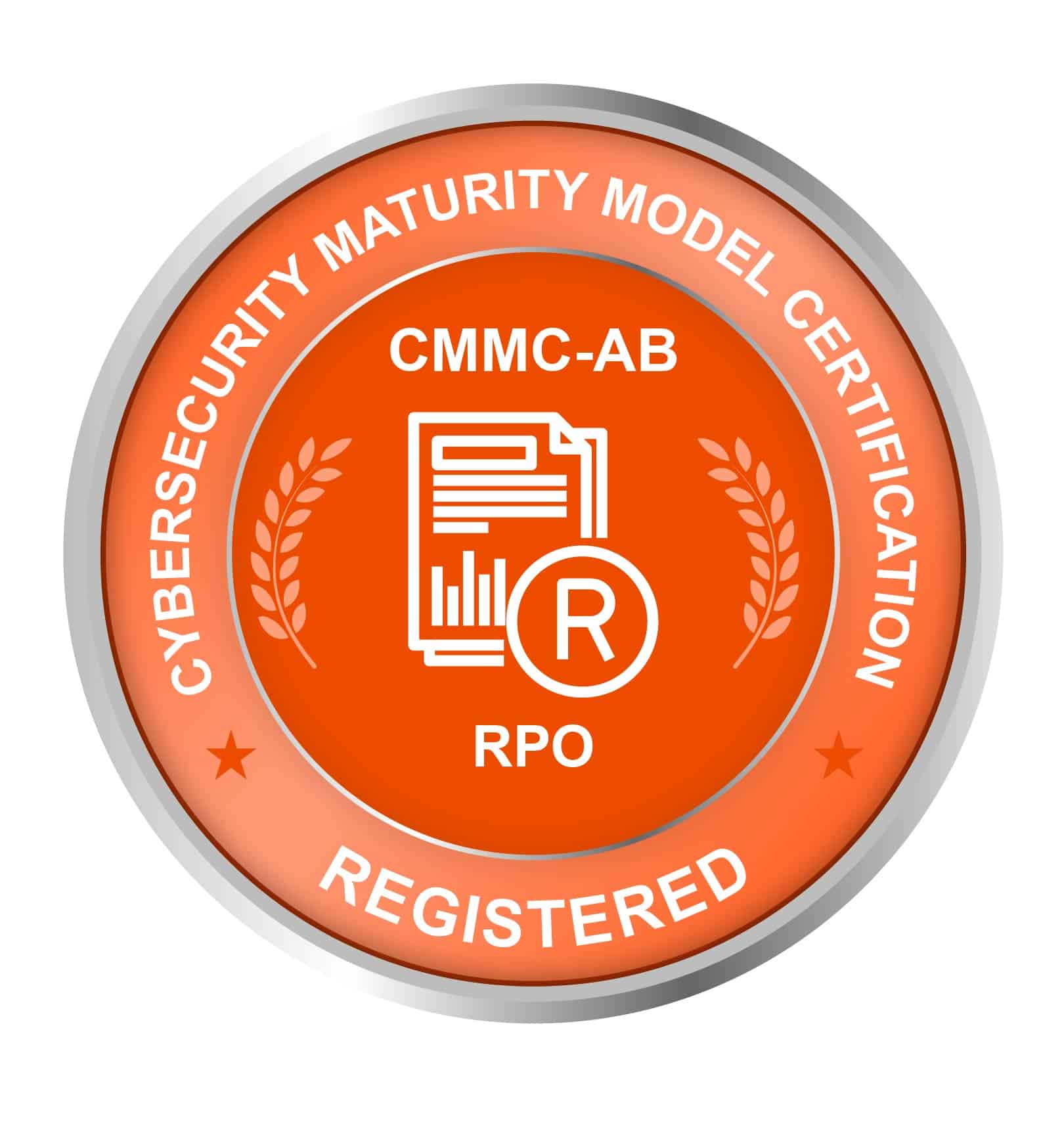The New FTC Safeguards Rule: Ensuring Compliance and Protecting Customer Information
As a business owner, you may wonder if your organization falls under the category of a financial institution. With the latest updates to the FTC Safeguards Rule coming into effect on June 9, 2023, the definitions and compliance requirements for protecting customer information are changing. Orion Network Solutions, a leading IT consulting company in the Washington DC Metro Area, will help you navigate these changes and ensure that your organization has the proper technology solutions to comply with the FTC Safeguards Rule.
In this comprehensive guide, we’ll break down the critical aspects of the new FTC Safeguards Rule into three easy-to-digest sections:
- Which financial firms are affected by the Safeguards Rule update?
- What new definitions does the Safeguards Rule include?
- How should finance entities use the new Safeguards guidelines to create reasonable information security programs?
Thirteen Financial Institutions Affected by the New FTC Safeguards
Based on the National Archives Code of Federal Regulations, your business may be considered a financial institution under the new FTC Safeguards if it falls under one of these thirteen categories:
- Retailers that extend credit by issuing their credit cards directly to consumers.
- Automobile dealerships that lease automobiles on a nonoperating basis for longer than 90 days.
- Personal property or real estate appraisers.
- Career counselors specializing in providing services to individuals employed by or seeking employment with financial organizations or their finance, accounting, or audit departments.
- Businesses that print and sell checks for consumers.
- Businesses that regularly wire money to and from consumers.
- Check cashing businesses due to money exchange.
- Accountants or tax preparation services completing income tax returns.
- Travel agencies with related financial services.
- Entities that provide real estate settlement services.
- Mortgage brokers involved in loan transactions.
- Investment advisory companies and credit counseling services.
- Companies that act as finders, bringing together buyers and sellers of products or services for transactions they negotiate and consummate.
Even couriers serving banks are considered financial institutions.
Seven New Definitions from the New FTC Safeguards
According to Maurice Wutscher, the new FTC Safeguards Rule introduces seven new terms and one modification. These include:
- Authorized User: Any person authorized to access an organization’s information systems or data.
- Encryption: The transformation of data into a form that prevents unauthorized access without a protective process or key, following current cryptographic standards.
- Financial Institution (modified): Any institution engaging in financial activities or those incidental to such financial activities, including companies acting as finders for buyers and sellers of products or services.
- Information Security Program: The safeguards for handling customer information, including administrative, technical, and physical measures.
- Multi-Factor Authentication: Verification through at least two authentication factors (knowledge, possession, or inherence).
- Penetration Testing: A test methodology that assesses the security of an information system by attempting to penetrate databases or controls.
- Security Event: An event resulting in unauthorized access to or disruption/misuse of an information system, information stored on such a system, or customer information held in physical form.
Creating a Reasonable Information Security Program: A 9-Point Checklist
Financial institutions must develop a reasonable information security program to comply with the new FTC Safeguards Rule. Here are nine key components to include in your program:
- Assign a qualified individual to oversee the program
- Conduct periodic risk assessments
- Implement safeguards to control identified risks
- Regularly monitor and test the effectiveness of safeguards
- Train staff on cybersecurity awareness
- Exercise service provider oversight
- Keep the information security program current to safeguard against emerging threats
- Create an incident response plan for potential security events
- Document the information security program, including a written record of all actions taken to comply with the FTC Safeguards Rule
A Path Forward: Achieving Compliance
With the new FTC Safeguards Rule deadline approaching, now is the time to evaluate your organization’s compliance requirements and implement the necessary measures. Failure to comply can result in significant fines and reputational damage.
Here are some practical steps to help ensure your organization is prepared:
- Review the expanded definition of “financial institution” to determine if your business falls under the rule’s scope.
- Familiarize yourself with the new terms and definitions introduced in the rule.
- Begin developing a reasonable information security program utilizing the 9-point checklist outlined above.
- Seek guidance from an IT consulting company, like Orion Network Solutions, to ensure your organization’s systems and processes align with the new regulations.
By staying informed and proactive, your business can minimize risk and maintain compliance with the updated FTC Safeguards Rule.
How Orion Network Solutions Can Help with the FTC Safeguards Rule
Orion Network Solutions, a leading IT consulting company in the Washington DC Metro Area, offers comprehensive services to help organizations navigate the complexities of the FTC Safeguards Rule. By partnering with Orion Network Solutions, businesses can ensure they have the proper technology solutions to achieve and maintain compliance.
Here’s how Orion Network Solutions can help:
- Expert Guidance: Orion Network Solutions’ experienced professionals can guide you on the latest FTC Safeguards Rule requirements and how they apply to your organization. They can help you understand the new definitions’ implications and identify gaps in your existing information security program.
- Risk Assessment and Management: Orion Network Solutions can conduct thorough risk assessments to identify potential vulnerabilities and threats to your organization’s information systems. They can then develop strategies to mitigate these risks and ensure that you have adequate safeguards in place to protect customer information.
- Customized Information Security Program Development: Orion Network Solutions can work with your organization to develop a customized program tailored to your needs and requirements. This includes creating policies and procedures, implementing technical and physical access controls, and establishing processes for monitoring, testing, and updating your security measures.
- Staff Training: Orion Network Solutions can provide comprehensive training programs for your staff to ensure they are well-versed in cybersecurity best practices and can effectively safeguard customer information. Regular training can help minimize the risk of security breaches and maintain compliance with the FTC Safeguards Rule.
- Service Provider Oversight: Orion Network Solutions can assist with service provider oversight, ensuring that your partners maintain appropriate safeguards to protect customer information. They can also help you establish processes for assessing and monitoring the security measures implemented by your service providers.
- Incident Response Planning: Orion Network Solutions can help you develop a robust incident response plan that outlines clear roles, responsibilities, and processes for addressing security events. This can help your organization respond swiftly and effectively in a security breach, minimizing potential damage.
- Compliance Reporting: Orion Network Solutions can assist with preparing annual reports for your board of directors or governing body, detailing the status of your information security program, compliance efforts, and any changes or updates required to maintain adherence to the FTC Safeguards Rule.
By partnering with Orion Network Solutions, your organization can confidently navigate the challenges presented by the FTC Safeguards Rule and ensure the highest level of compliance.










